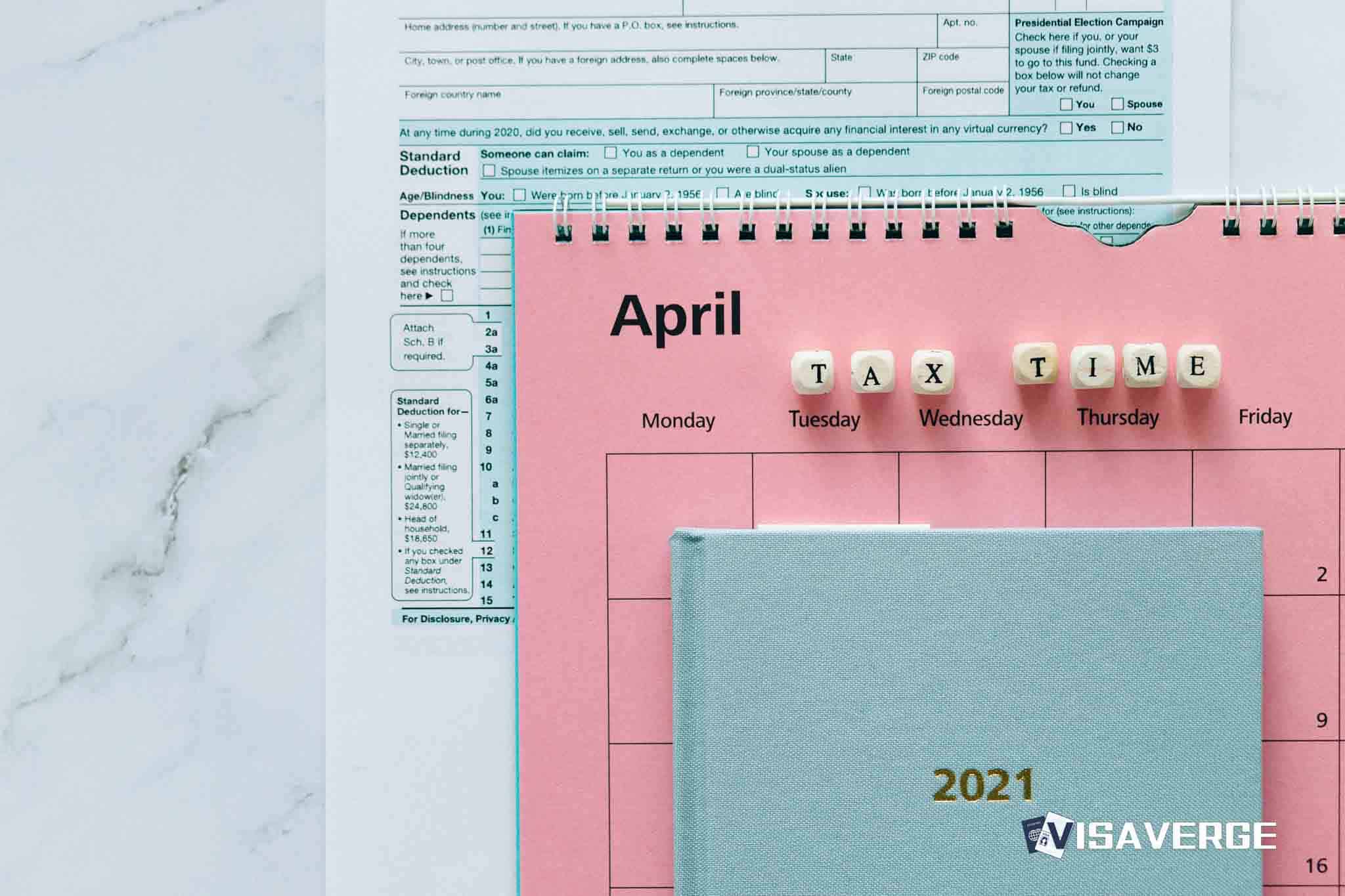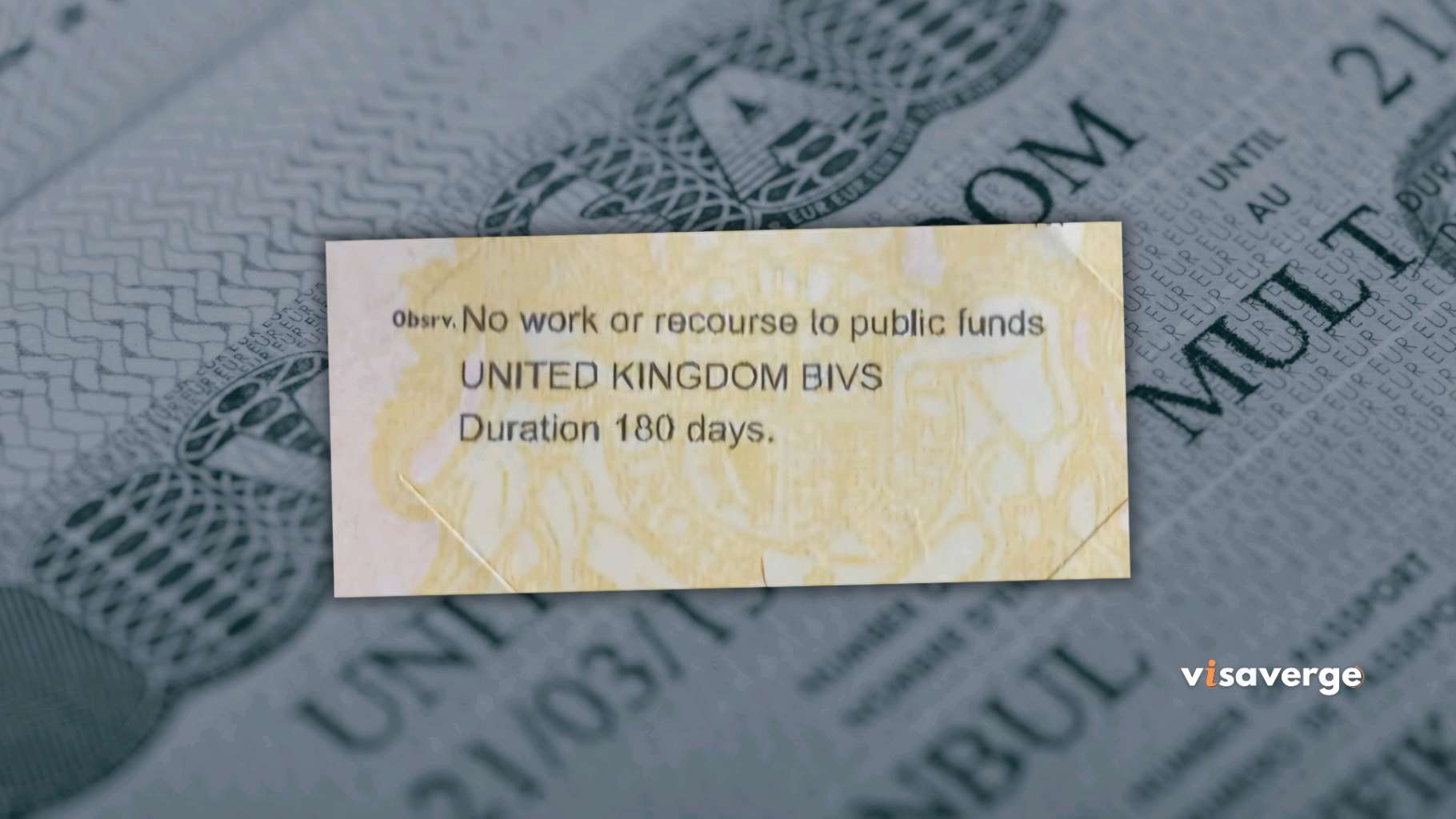Key Takeaways
• US banks require a valid US address or risk account closure under the Patriot Act.
• Digital banking and paperless statements reduce issues with expat accounts in the Netherlands.
• FATCA requires US citizens to report Dutch accounts for tax compliance and transparency.
Moving from the United States 🇺🇸 to the Netherlands 🇳🇱 brings many changes, including how you keep and manage US bank accounts. Many Americans living abroad want to keep their ties to their home country, both for personal and financial reasons. Whether it’s paying American bills, supporting family, saving for the future, or keeping up good US credit, having access to US bank accounts can make life much easier. Still, because of rules like the Patriot Act and other laws meant to stop wrongdoing, keeping those accounts open takes planning and attention to detail.
This in-depth guide will walk you through the steps, tips, and potential problems you should know when keeping your US bank accounts active after you move to the Netherlands. You will learn how to keep your finances in order, meet all legal rules, and avoid sudden closures or limits on your account.

Step 1: Understand Why a US Address Matters
The first thing to remember is that US banks must follow strict rules set by laws like the Patriot Act. This law, passed in 2001, asks banks to have a valid, physical address for every account holder. The goal is to stop fraud, money laundering, and other financial crimes. The address acts as proof that the bank knows who is using the account and where to reach them if something happens.
- If you use a Dutch address with a US bank, the bank’s system may notice your move.
- If they see your address is outside the United States 🇺🇸, they may freeze or close your account without much warning.
- Banks must also obey anti-money laundering rules and other global agreements, which add more steps and reviews for accounts linked to people living overseas.
Tip:
Always keep an up-to-date US residential address on file with your bank to reduce the risk of problems.
Step 2: Find Reliable Address Solutions
Because simply using your new Netherlands 🇳🇱 address with a US bank can cause trouble, consider these options:
a) Family or Friends’ Address
– Many expats use the address of someone they trust in the US.
– Make sure the friend or family member knows about this and will let you know if important mail arrives.
– Some banks may ask for proof that you actually live there, like a recent power bill or phone bill.
b) Professional Mail Forwarding Services
– Services provide a “domicile” or home address that works for US banks.
– Specialized companies make sure their addresses meet what banks and the Patriot Act require.
– These services often collect your mail and send it to you in the Netherlands 🇳🇱, scan it, or let you pick it up online.
Caution: Not all mail forwarding services will work. Only use ones that clearly say their addresses meet bank rules. Do your homework before picking any service.
Step 3: Choose an Expat-Friendly US Bank
Not every bank is willing to work with people who live outside the United States 🇺🇸. Some banks—especially the biggest national banks—might quickly close accounts when they find out an account holder has moved. Others may not allow expats to open certain kinds of accounts or use investing options.
What to look for:
– Online and Mobile Banking: Choose a bank that gives you easy online access, digital statements, and clear ways to reach support teams.
– Low Foreign Transaction Fees: International moving means you may use your cards more often in foreign countries, and fees can add up.
– Good International Service: You want to reach someone quickly if something goes wrong overseas.
– Credit Unions: Some smaller banks and credit unions work better with expats and may offer lower fees and easier service.
Note: Always read the fine print about non-resident rules before opening a new account or relying on your current bank.
Step 4: Make Everything Digital
In the digital age, physical mail can cause problems. If the bank sends mail to your US address, and you’re not there to pick it up, you might miss important news—such as rule changes, bank requests, or even fraud alerts.
- Sign Up for Paperless Statements: Get all your bank letters and bills by email.
- Set Alerts: Turn on app or text alerts for every account you have. You want to know if a payment goes out, a bill comes in, or anything else happens.
- Online Transfers and Payments: Make sure you can pay bills, send money, and check balances without being in the US.
Doing all banking online helps make your overseas life easier and reduces the chance of banks “discovering” your Netherlands 🇳🇱 address by mistake.
Step 5: Watch for Special Rules (Like FATCA)
Both the United States 🇺🇸 and the Netherlands 🇳🇱 have agreed to certain rules about sharing financial information. One major law is FATCA (the Foreign Account Tax Compliance Act). With FATCA:
- US citizens must report certain foreign accounts to the IRS (the US tax authority).
- Dutch banks collect information and may share data about American customers with the US government.
- Having Dutch accounts can increase paperwork, but this does not mean you pay more taxes. It does mean you must report assets correctly.
Tip: Always tell the truth about where you live and what accounts you hold on both Dutch and American tax documents.
Useful link: The Netherlands’ government page on tax rules offers details on how these laws work across borders.
Step 6: Prepare for Possible Account Restrictions
Even if you follow every rule, US banks may still:
- Limit What You Can Do: Some banks don’t allow people living overseas to make new investments or buy new mutual funds in brokerage accounts.
- Close Accounts Suddenly: Sometimes, the bank will decide it’s too much trouble to handle US citizens abroad because of rules like FATCA or the Patriot Act.
According to several sources, these problems mostly happen in investment or brokerage accounts, not regular bank accounts, but they’re growing more common.
What you can do: Always watch for emails or letters from your bank about changes in resident policy. If you get a warning, act quickly—usually within a week or two—so you can move money or solve problems before accounts close.
Step 7: Keep a Good US Credit History
Moving abroad can make your US credit “go dark” if you don’t keep using your US bank accounts, credit cards, or loans. To keep your credit alive:
- Keep Existing Credit Cards or Bank Accounts Active: Use them from time to time, even for small purchases.
- Pay All Bills on Time: Use automatic payments to avoid mistakes.
- Check Your Credit Report: At least once a year, check your score and report for mistakes or surprises.
If you ever return to the United States 🇺🇸, having a healthy credit history will make it much easier to rent a home, get a loan, or open new accounts.
Step 8: Consider Backup Options in the Netherlands
Your US bank accounts may not always cover every need while living in the Netherlands 🇳🇱. You should also:
- Open a Dutch Bank Account: Local bank accounts are needed for day-to-day life in the Netherlands, paying rent, bills, and taxes.
- Try Global Money Apps: Services like Wise or Revolut let you move money between your US and Dutch accounts easily. They are not banks, but can fill short-term gaps or help with cheap money transfers.
Caution: Money apps don’t have the same legal protections as standard banks. Never put all your savings in these services.
Step 9: Keep Up With Rule Changes
Banking rules change often, especially for Americans living abroad. Changes in US law (including new tweaks to the Patriot Act or FATCA) or in Netherlands 🇳🇱-US government agreements can affect your accounts at any time.
How to stay informed:
– Regularly check your US bank emails and policy updates.
– Visit reliable immigration and expat banking websites.
– Seek professional advice for big financial moves—especially if you plan to live abroad for a long time or might give up US citizenship.
As reported by VisaVerge.com, banks sometimes act with little notice. Quick action is your best protection against unwanted surprises.
Checklist: Staying on Top of US Bank Accounts While Living in the Netherlands
- [ ] Choose and update a reliable US address with your bank
- [ ] Let your US contact know you’re using their address and keep in touch
- [ ] Set up paperless banking: digital statements, app alerts, and email notifications
- [ ] Open a Netherlands 🇳🇱 bank account for local needs
- [ ] Use global money transfer apps if needed, but don’t rely on them alone
- [ ] Check for communications from your US bank about residency rules
- [ ] Make sure your US credit stays active by using accounts sometimes
- [ ] Stay up to date on local and global banking laws, especially the Patriot Act and FATCA
- [ ] Report all accounts correctly on tax returns (both in the US and the Netherlands 🇳🇱)
What to Expect After Setting Up Everything
Once everything is set, you can manage your US bank accounts from the Netherlands 🇳🇱 with little trouble. Most people have success as long as they keep a good US address on file, avoid mentioning an overseas move directly to their bank, and keep up with regular online activity. Having both US and Dutch accounts gives the best of both worlds—you can pay US bills, save for the future, and handle life in the Netherlands smoothly.
However, always have a backup plan. Policy shifts and new rules can arrive without notice. It’s smart to keep some money spread between accounts and be ready to act quickly if your US bank tightens rules.
Additional Resources
For the latest rules on US citizens’ bank accounts and overseas life, official sources are best. Find reliable updates on the IRS’s FATCA page and use the Netherlands 🇳🇱 government’s tax compliance guide for local details. If you’re planning very long-term stays or facing unusual issues, working with a financial advisor who understands expat needs can make things much easier.
Summary of Key Points
- US law, led by the Patriot Act, requires a US address for bank accounts; do not use a Netherlands 🇳🇱 address.
- Choose a bank that welcomes expats and provides strong online services.
- Switch to digital banking for safety and easier access.
- Understand how tax rules like FATCA require you to report accounts in both countries.
- Expect possible limits on certain account or investment services, especially with brokerage products.
- Use backup tools like Dutch accounts and global money apps—but rely mainly on regular banks for security.
- Stay alert for any policy or residency rule changes.
- Keep your US credit history by using accounts and credit cards sometimes.
With planning, awareness, and regular updates, Americans in the Netherlands 🇳🇱 can keep US bank accounts working for them, manage their money across borders, and meet all legal requirements set by both the Patriot Act and other rules. Always double-check with official sources or trusted websites like VisaVerge.com to stay informed about the latest changes.
Learn Today
Patriot Act → A 2001 US law requiring banks to verify account holders’ identities and addresses, aiming to prevent terrorism, fraud, and money laundering.
FATCA → Foreign Account Tax Compliance Act; a US law requiring Americans to report foreign financial accounts for tax transparency.
Mail Forwarding Service → A professional company that provides a US address and manages mail delivery for people living abroad.
Credit Union → A member-owned financial institution, often offering better services and lower fees for expats than big banks.
Paperless Statements → Digital bank documents sent by email or online instead of paper mail, helping expats manage accounts securely.
This Article in a Nutshell
Moving to the Netherlands? Keeping US bank accounts open as an expat takes planning. Maintain a US address, choose expat-friendly banks, switch to digital services, and stay current on FATCA and Patriot Act rules. Report all accounts accurately in both countries. Regular updates and vigilance help prevent account closures and problems.
— By VisaVerge.com
Read more:
• Netherlands grapples with rise in unauthorized employment cases
• Netherlands Warns Citizens About US Travel, Belgium May Do the Same
• Netherlands offers new fund to attract leading scientists leaving the U.S.
• Fewer International Students in Netherlands as English Restrictions Tighten
• Netherlands Implements Temporary Border Controls to Curb Migration












